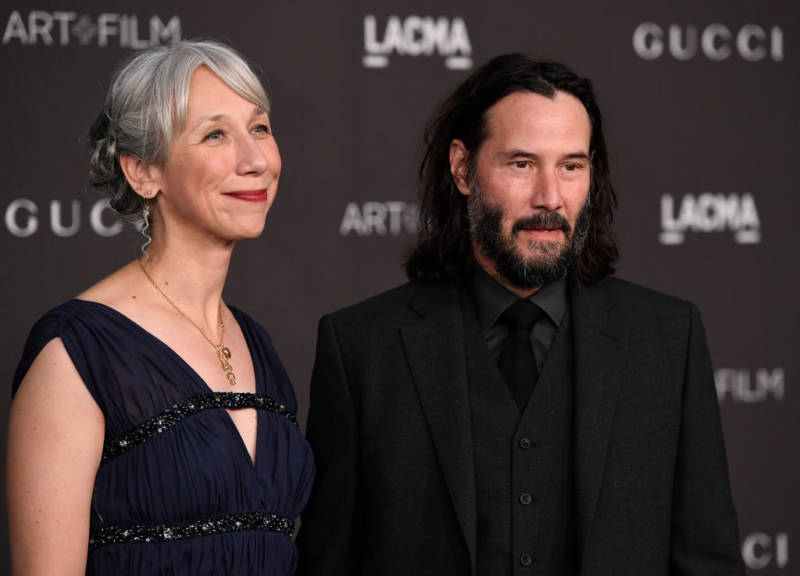Women being defined by their relationship statuses is an old problem that stretches beyond age. As Kate Bolick pointed out in 2015’s Spinster, “Whom to marry and when will it happen—these two questions define every woman’s existence, regardless of where she was raised or what religion she does or doesn’t practice. She may grow up to love women instead of men, or to decide she simply doesn’t believe in marriage. No matter.”
This, despite the fact that women have been pushing back against these confinements for at least a century. All the way back in 1889, for example, when Tit-Bits magazine asked women why they were spinsters, the responses were sharp, bordering on acerbic. One wrote: “Because I have other professions open to me in which the hours are shorter, the work more agreeable, and the pay possibly better.” Another replied: “I find the animal man less docile than a dog, less affectionate than a cat, and less amusing than a monkey.”
Even when it’s well-intentioned, when we continue to judge famous men for the relationships they’re in, what we’re also doing is reminding women that much of their value continues to be assessed through the lens of both their romantic lives and their ages. What’s more, assuming men have all the onus over these relationships strips their wives and girlfriends of agency, as if these women had no hand in their own relationship status, or choice of partner.
In the end, passing judgement over partnerships between anyone, regardless of profession, or age, or sexuality, or race is utterly pointless. People will love who they want to love. Griping about it helps nobody.


